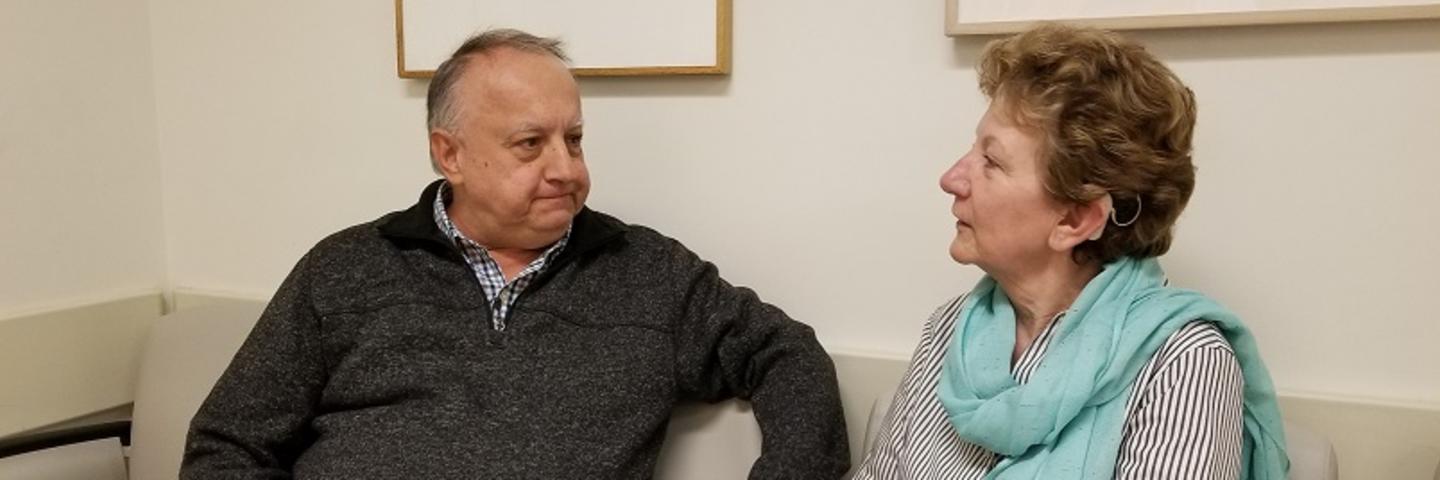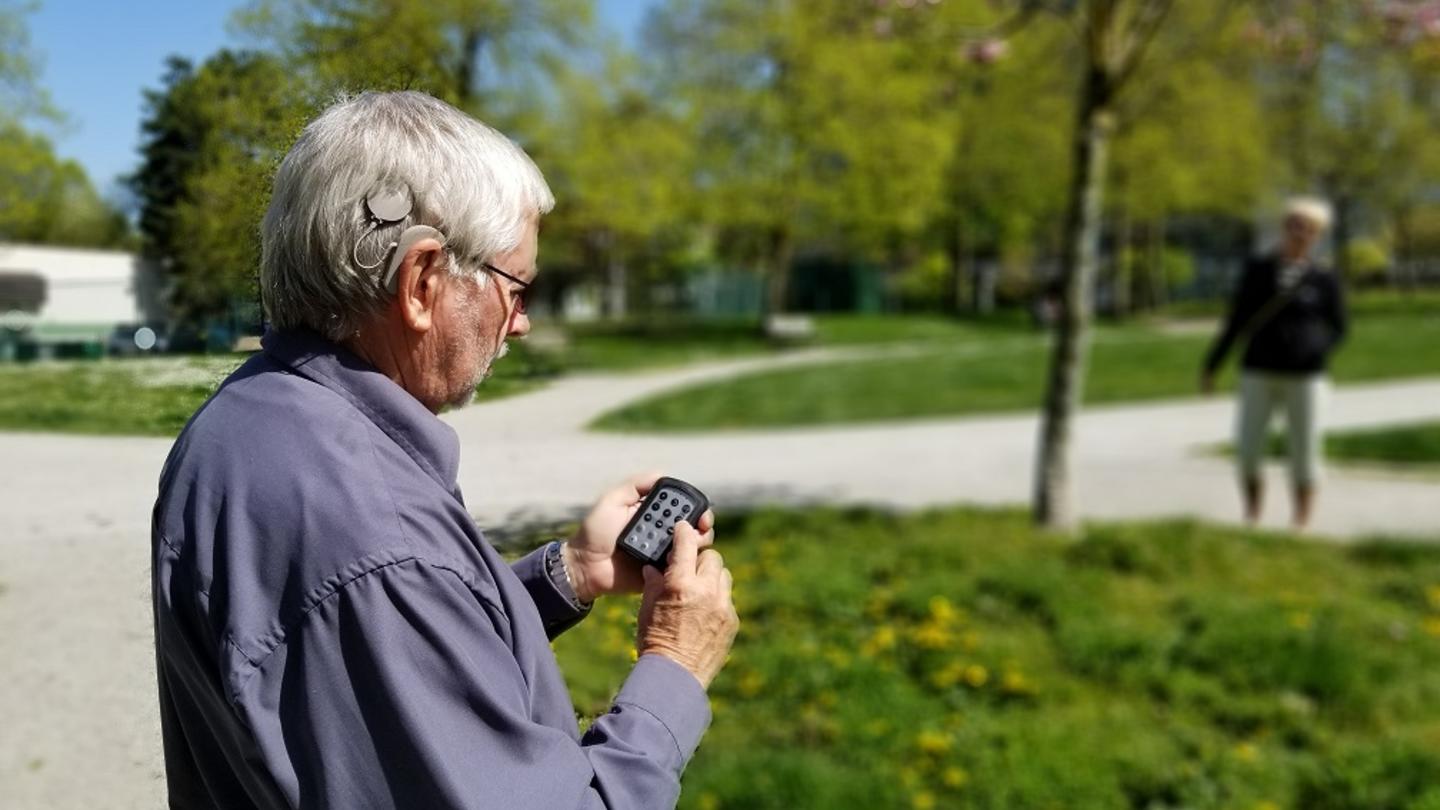BC Adult Cochlear Implant Program - Patient Supports
A list of various organizations and programs that provide support to cochlear implant recipients.

Accommodation
Transportation
Financial assistance
Income replacement benefits
Medical device coverage
Tax credits, discounts & savings
Cost of living

Helpful support from the community
Vocational resources
Mental wellness
Living with progressive or sudden hearing loss can be devastating to a person. Social isolation and feelings of grief, loss, and depression are common while waiting for a cochlear implant. If you feel like these negative emotions are interfering with your ability to function, it is important to get help.
Advocacy
Seniors
Youth

New to our program
Cochlear implant manufacturers
You will have the choice between three cochlear implant manufacturers. They are listed below in alphabetical order.
Recommended reads
Last reviewed: May 23, 2025